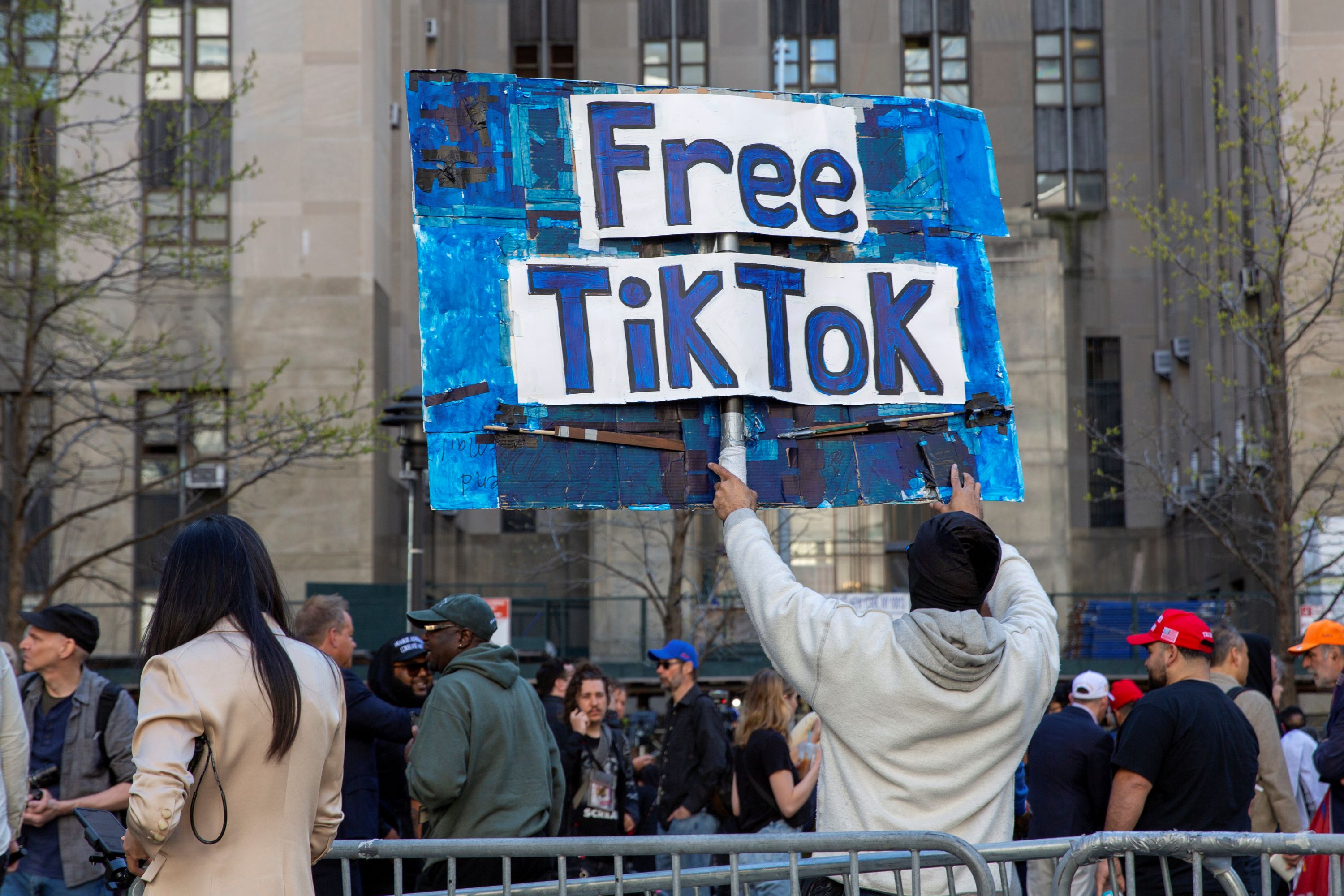
WASHINGTON – US President-elect Donald Trump has urged the country’s Supreme Court to delay a ban on the social media app TikTok ban in order to allow time for a negotiated solution, according to a legal document filed on Friday.
The document was filed by John Sauer, whom the incoming US leader nominated to serve as Solicitor General, a position typically responsible for representing the US government in appellate courts such as the Supreme Court.
The document states that Trump opposes the immediate ban of TikTok in the United States and hopes to resolve the issue through political means after taking office. Trump is skilled in negotiation and has the political will to reach a solution through talks, one that would address the government's national security concerns while saving the platform.
On Dec 22, Trump suggested that he may allow TikTok to continue operations in the United States.
READ MORE: Trump says may keep TikTok around 'for a little while'
Speaking at an event in Phoenix, Arizona that day, he said that the popular video-sharing app may have helped reach some key voters in the presidential election, and expressed the possibility of keeping TikTok around "for a little while".
"We did go on TikTok, and we had a great response. We had billions and billions of views," he had said, adding that he was shown a chart highlighting the views his campaign had received on the app.
Earlier in April, President Joe Biden enacted the law that gives ByteDance only 270 days to sell TikTok, citing unfounded national security concerns. If the company fails to comply, the law will require app store operators such as Apple and Google to remove TikTok from their platforms.
The next month, TikTok sued the US government to block the potential ban, which has drawn widespread criticism.
In early December, the US Court of Appeals in Washington, D.C. dismissed TikTok's claim that the ban is unconstitutional.
ALSO READ: TikTok comment offers glimmer of hope transactional mindset will trump ideology
On Dec 16, TikTok and its parent company ByteDance asked the Supreme Court to temporarily pause the law. TikTok argued that the potential ban would shutter one of America's most popular speech platforms the day before a presidential inauguration, and "silence the speech of Applicants and the many Americans who use the platform to communicate about politics, commerce, arts, and other matters of public concern."
Two days later, the Supreme Court agreed to review a request from TikTok and ByteDance to block the law.


